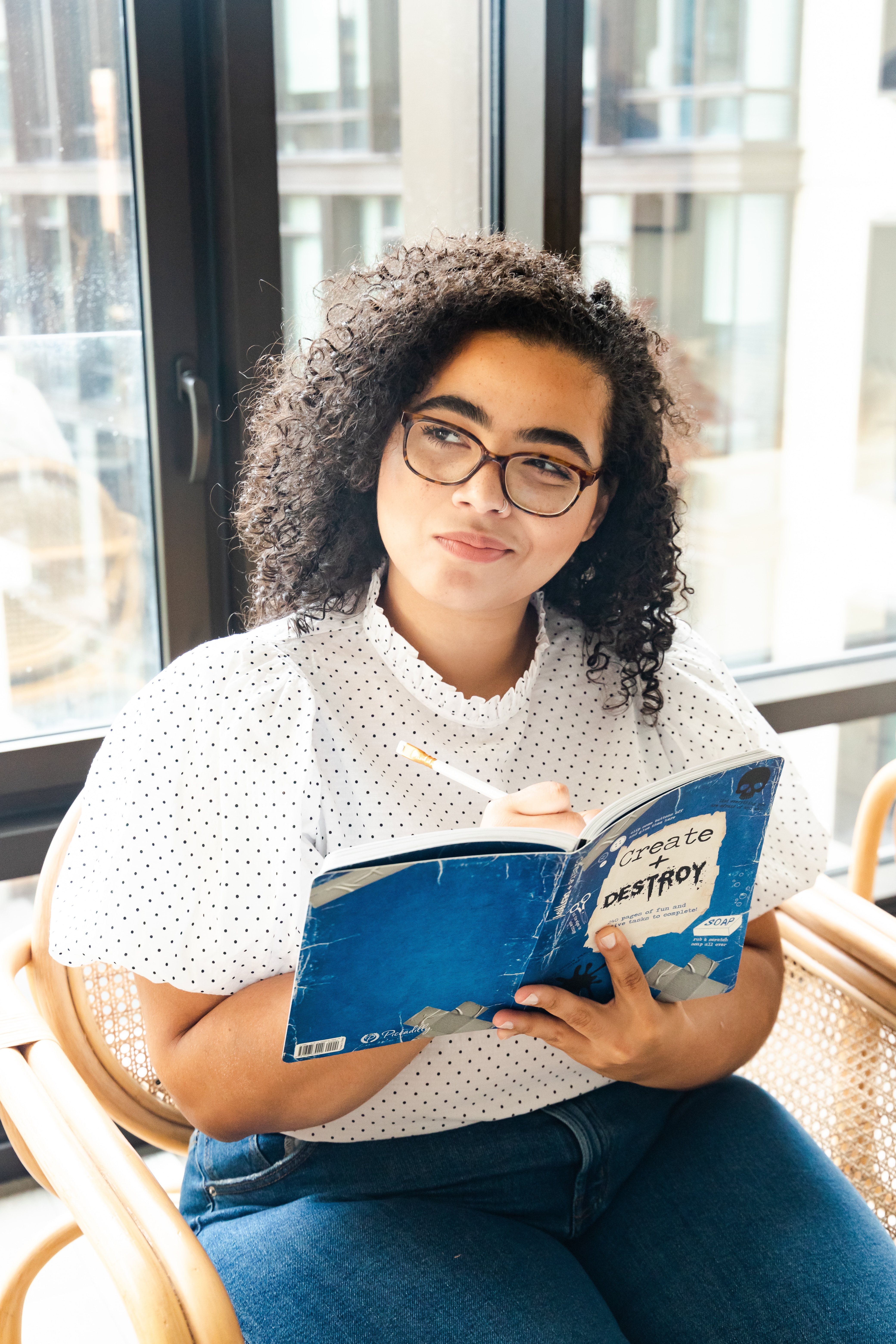Education is a dynamic process that should cater to the diverse needs of Learners. To maximise its effectiveness, the educational curriculum and assessment methods must be aligned with individual learning styles. Recognising and accommodating various learning preferences can revolutionise the way we educate, promoting deeper understanding, engagement, and overall academic success. In this article, we will explore the significance of aligning educational curriculum and assessment methods with learning styles and the positive impacts it can bring.
What Are Learning Styles?
Learning styles refer to the unique ways individuals absorb, process, and retain information. These styles can vary widely, encompassing auditory, visual, kinaesthetic, and other modes of learning. By recognizing that not all Learners excel in the same environment, educators can tailor instruction to resonate with different learning styles, ensuring a more inclusive and effective learning experience.
Why Is Aligning Your Curriculum and Assessment to Learning Styles Important?
There are numerous benefits to aligning your educational model, being how and what you learn, with your preferred learning style. Here are just a few:
- Enhance Engagement and Interest: Aligning the curriculum with learning styles can significantly enhance Learner engagement. When instructional materials and activities cater to Learners' preferred learning modalities, they are more likely to become interested, motivated, and active participants in the learning process. This engagement fosters a genuine enthusiasm for learning, making education more meaningful and enjoyable.
- Facilitating Deeper Understanding: Adapting the curriculum to learning styles allows Learners to comprehend complex concepts more deeply. Visual Learners may benefit from diagrams and infographics, auditory Learners from discussions and lectures, and kinaesthetic Learners from hands-on activities. Customising teaching methods enables Learners to grasp concepts in ways that resonate with their natural inclinations, resulting in a more profound understanding of the subject matter.
- Personalised Learning Experience: One-size-fits-all approaches to education often neglect the individuality of Learners. When curriculum and assessment methods are aligned with learning styles, education becomes personalised. Learners have the opportunity to explore topics through methods that suit them best, allowing them to shine in their strengths while also developing skills in other learning styles. This customisation nurtures a sense of ownership over one's learning journey.
- Fostering Self-Confidence and Success: Catering to diverse learning styles can have a positive impact on Learners' self-esteem and sense of accomplishment. When they experience success in learning using methods that resonate with them, their confidence grows. This newfound self-assurance can extend beyond academics and positively influence other aspects of their lives.
- Holistic Assessment: Assessment methods also play a pivotal role in a Learner-centred approach. Traditional assessments might not accurately measure all types of intelligence and understanding. By aligning assessment methods with learning styles, educators can create a more holistic evaluation process. For instance, a kinaesthetic Learner's understanding might be better assessed through practical demonstrations rather than traditional written exams.
- Nurturing Lifelong Learners:The benefits of aligning educational curriculum and assessment methods with learning styles extend far beyond the classroom. When Learners experience tailored and successful learning experiences, they are more likely to develop a positive attitude towards learning throughout their lives. This sets the foundation for lifelong learning and personal growth.
The educational landscape is evolving, and it's pivotal to move towards a more Learner-centred approach. By aligning the curriculum and assessment methods with diverse learning styles, we honour the uniqueness of each Learner and provide them with the tools they need to succeed. Education should empower Learners to become active participants in their learning journey and encourage them to reach their full potential through methods that resonate with them. As we embark on this educational transformation, we pave the way for a more inclusive, engaging, and effective learning environment.




Leave a Comment